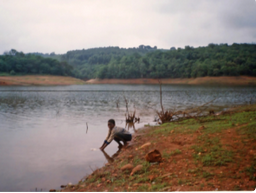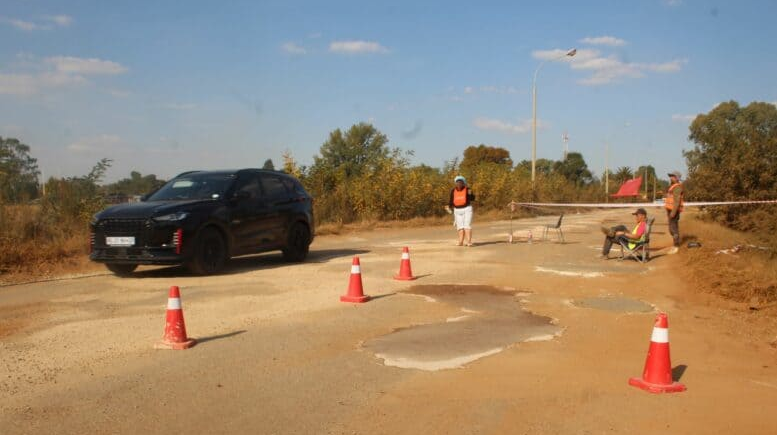New law for lifting sector

20-11-2006
Read : 347 times
Cbn
companies involved in the lifting industry are now required by legislation to become registered with the department of labour as lifting machinery entities (lmes).
“this new law, gazetted by the department of labour in february 2005, further sets out the requirement that lmes had to register their personnel who perform load tests as lifting machinery inspectors (lmis) by a deadline date of 29 september 2006,” quentin van breda, managing director, sa french, comments.
lmi registration is being handled by the engineering council of south africa (ecsa) and compliance includes having a considerable body of knowledge as well as familiarity with safety and ethical standards.
a registered lmi conducts inspections of lifting machinery as defined in the driven machinery regulations of the occupational health and safety act (act no 85 of 1993). lifting machinery is categorised into tower cranes, mobile cranes, gantry cranes, lifting tackle (hoists, slings, ropes), harbour cranes, telescopic handlers, forklifts and work platforms.
“there is also a category set aside for special purpose cranes including application-specific cranes,” van breda explains.
registration forms a commitment to subscribe to the standards set out by ecsa and to work within its codes of conduct. it is proof of competency in terms of the standards of a registered lmi through peer judgement. registration with ecsa is subject to periodic review and renewal every five years.
“this system will contribute to the protection of the public with respect to the work of a lmi and will also lend confidence when appointing lifting personnel to carry out lifting machinery inspections and load tests,” van breda says.
sa french believes that it is necessary to issue a warning to industry to ensure that all lifting equipment is load tested by lmis. this has been a pressing issue for many years and is long overdue.
“the registration process will rid the industry of a multitude of fly-by-night operators and will give clients complete peace of mind. it will generally elevate the lifting industry to be on a par with the best in the world.
“some customers’ human resources divisions appear to be aware of the relatively new legislation, but there is a need to bring it to the attention of all sites,” van breda continues.
registered lmis will be allocated a registration number, which will be gazetted.any inspector from the department of labour paying a visit to a site can ask for the register to see whether the machines have been handed over and commissioned as well as the name and registration number of the lmi. “not only will this bring a company’s processes into line with the legal requirements, but it will also ensure that best practice in terms of safety is implemented on site,” he says.
previously, the only requirements under the occupational health and safety act were that a competent person undertakes load testing of lifting equipment. a competent person was defined as a person with 12 months’ experience on the particular type of equipment.
“this changeover will ensure that appropriately qualified people with a minimum of five years of experience will undertake the load testing going forward.”
“i’m confident that safety standards will improve as a result,” van breda says.
Recent News
Here are recent news articles from the Building and Construction Industry.
Have you signed up for your free copy yet?
![[Image: Google Earth]](https://static.l2b.co.za/Images/Uploads/Photos//176fb475-ffd2-4719-858e-6d9d9e0afe76.png)








